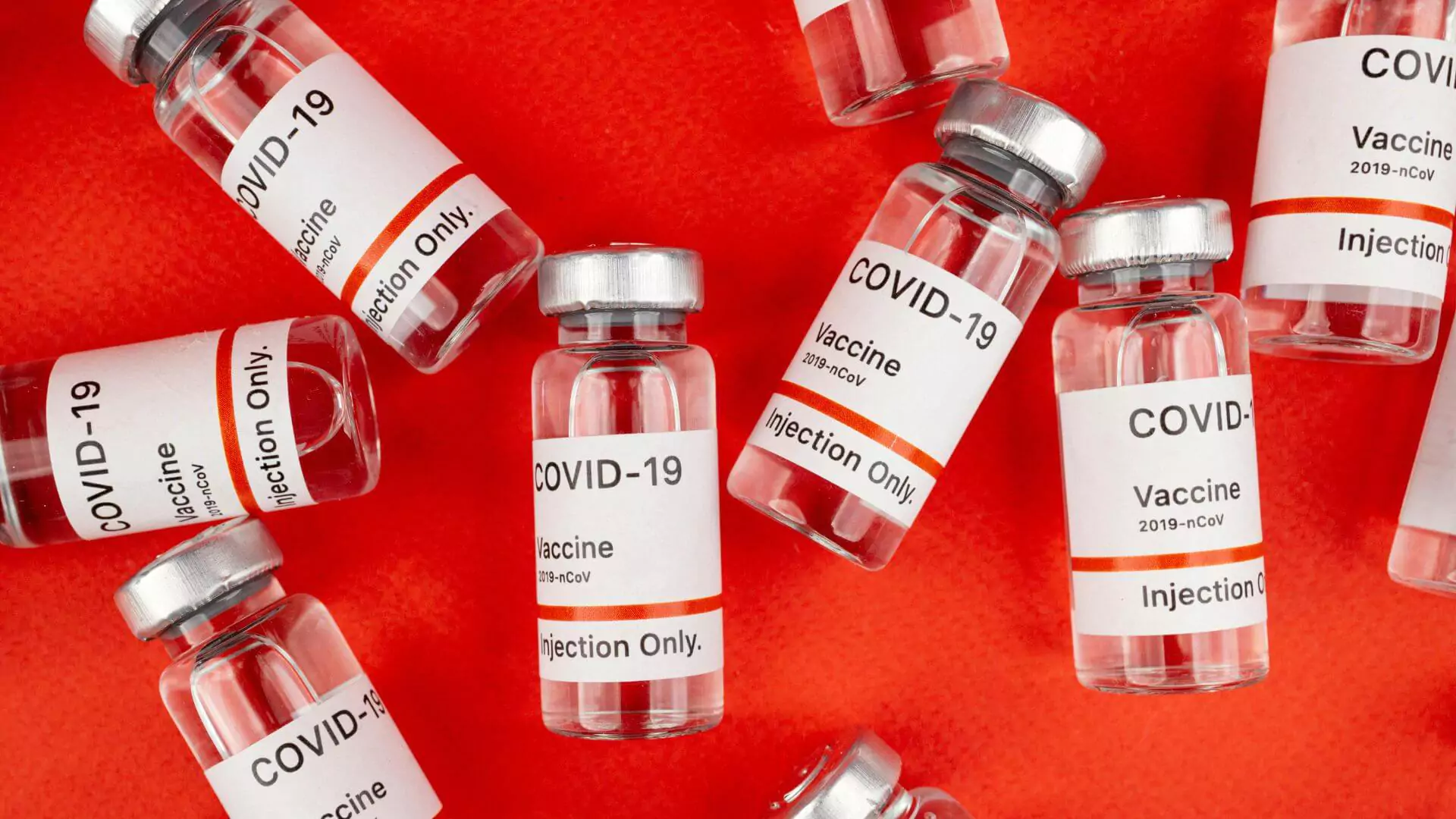A new Yale University study has revealed biological evidence supporting claims of post-vaccination syndrome, a condition affecting a small number of individuals who report persistent health issues after receiving the COVID-19 vaccine. The research, which analyzed immune markers in affected individuals, found notable inflammatory responses that may contribute to ongoing symptoms.
According to The Daily Mail, some vaccine recipients who have experienced debilitating symptoms since receiving their shots say they finally feel validated by this research. Many have reported conditions including chronic fatigue, nerve pain, and autoimmune disorders, leading some to seek compensation or acknowledgment from public health agencies.
The study, reported in Yale News, found that a subset of individuals exhibited heightened inflammatory markers similar to those seen in long COVID patients. This suggests that for some, the immune system may overreact to the vaccine, triggering prolonged symptoms.
Despite these findings, leading health officials emphasize that COVID vaccines remain overwhelmingly safe and effective, with severe adverse reactions occurring in a very small percentage of recipients. The New York Times noted that researchers are now working on identifying risk factors that could predict who might be susceptible to these reactions, potentially leading to personalized vaccination approaches in the future.
However, skepticism remains, with some medical professionals cautioning against misinterpreting the study’s findings as proof that COVID vaccines are dangerous. MedPage Today noted that further research is required to confirm whether these immune markers directly cause post-vaccination symptoms, or if other factors, such as pre-existing autoimmune conditions, could be influencing the body’s response.
The findings are expected to fuel debate among vaccine skeptics and public health officials, as discussions about vaccine side effects, compensation for affected individuals, and future vaccine research continue to evolve.







